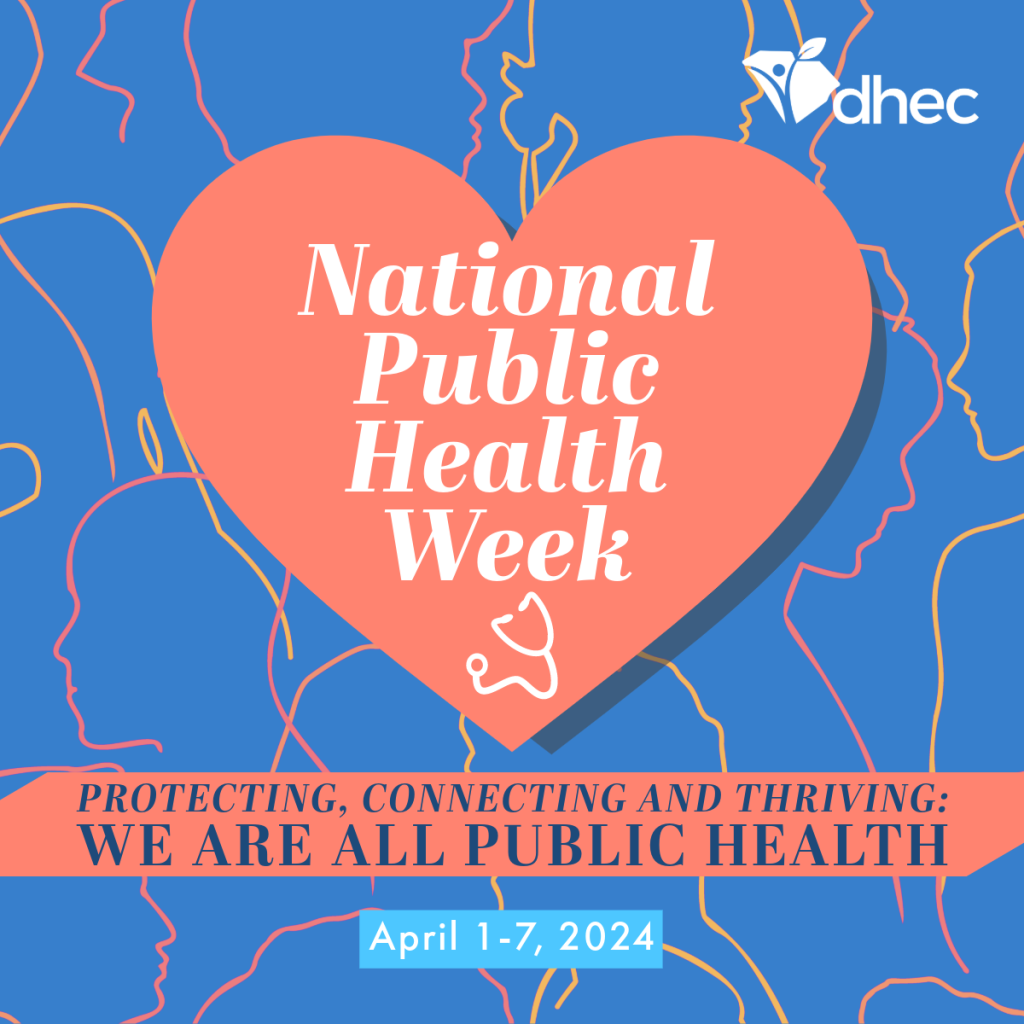National Public Health Week (NPHW) takes place April 1-7 this year, and this year’s theme is “Protecting, Connecting and Thriving: We Are All Public Health.”
Public health is more than just health care. It includes building communities free from pollution, with safe food and water and strong personal relationships.
Continue reading



